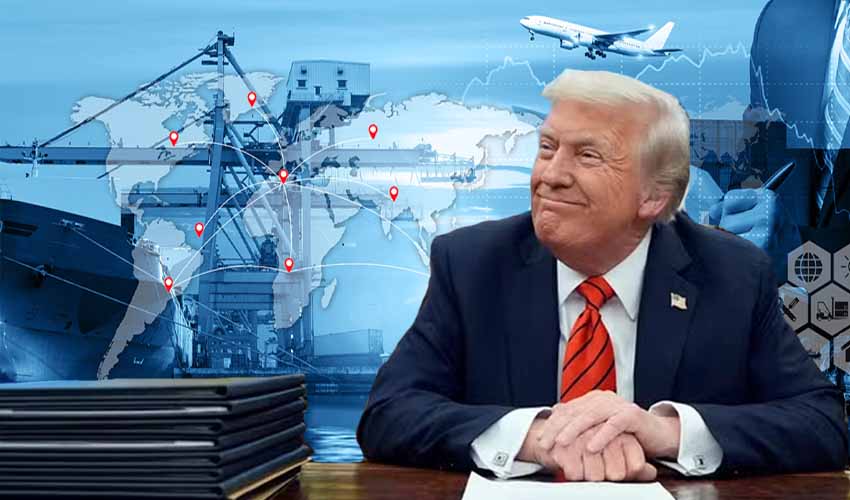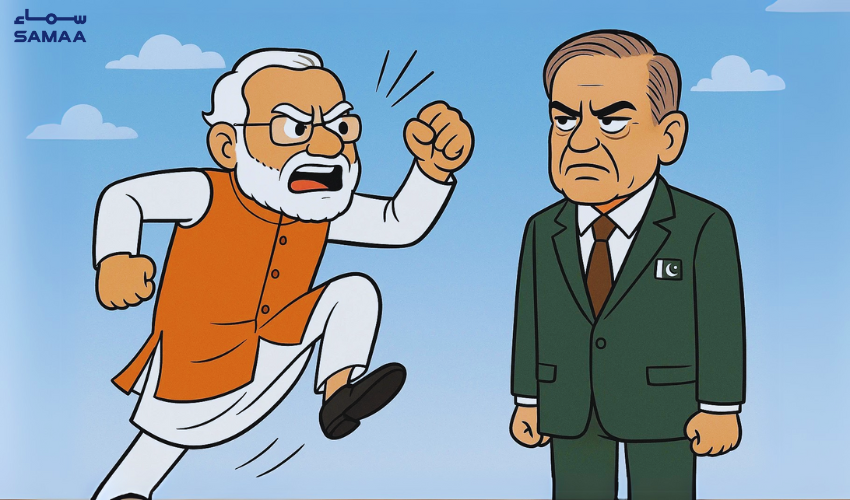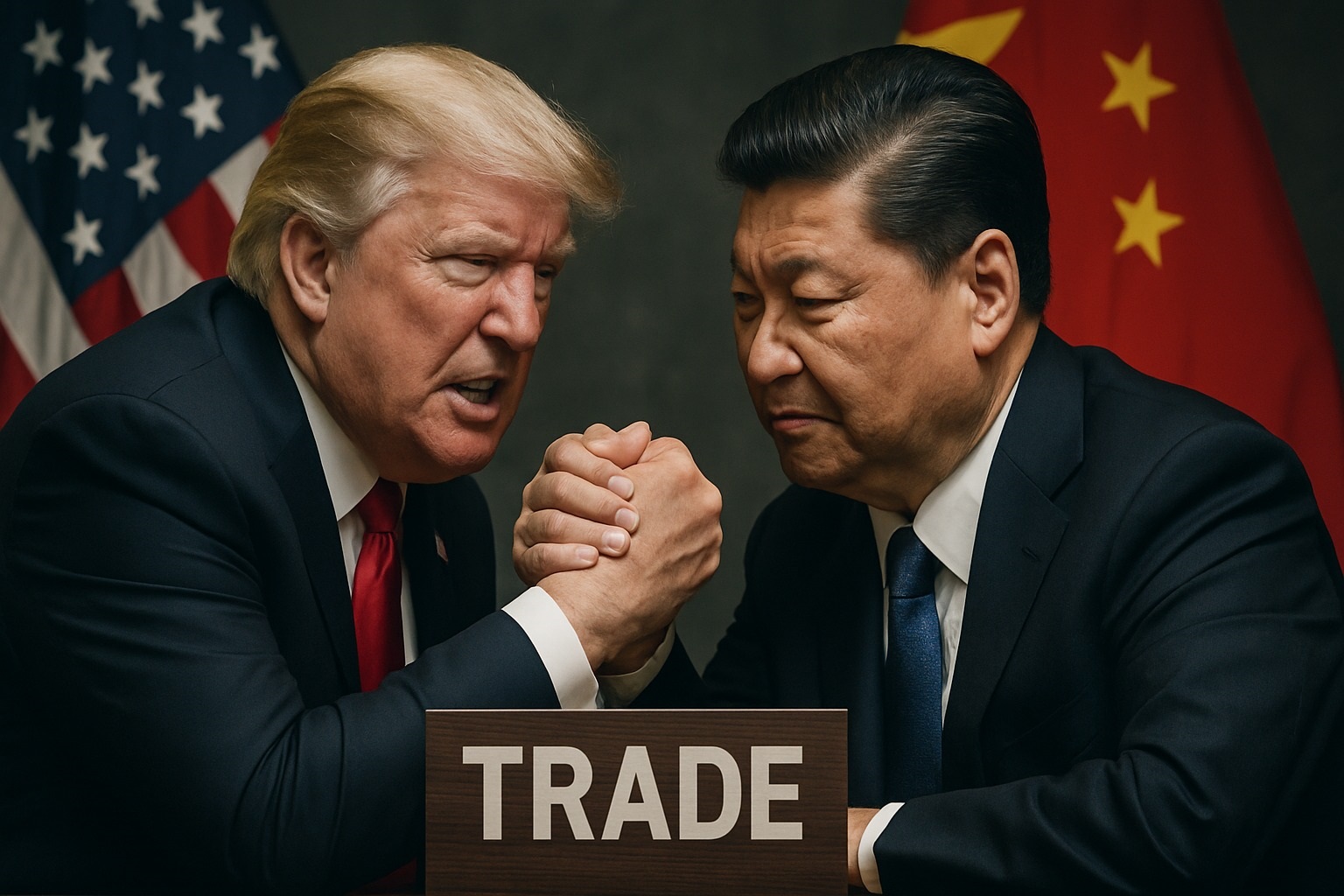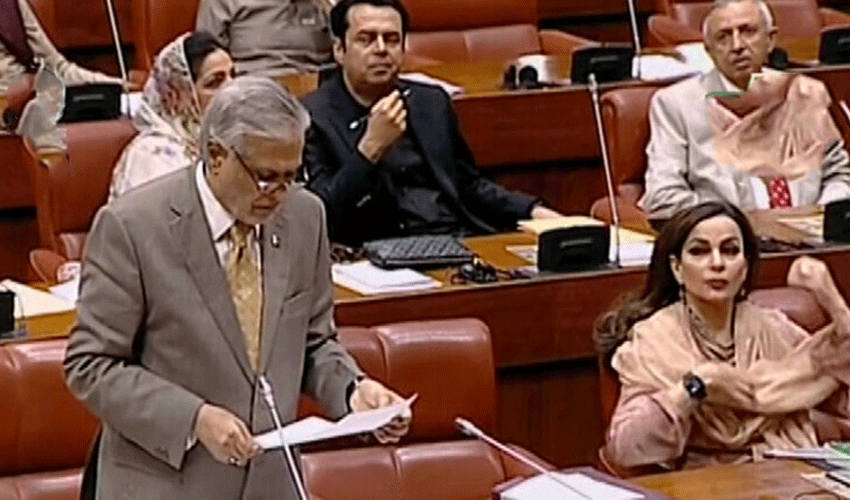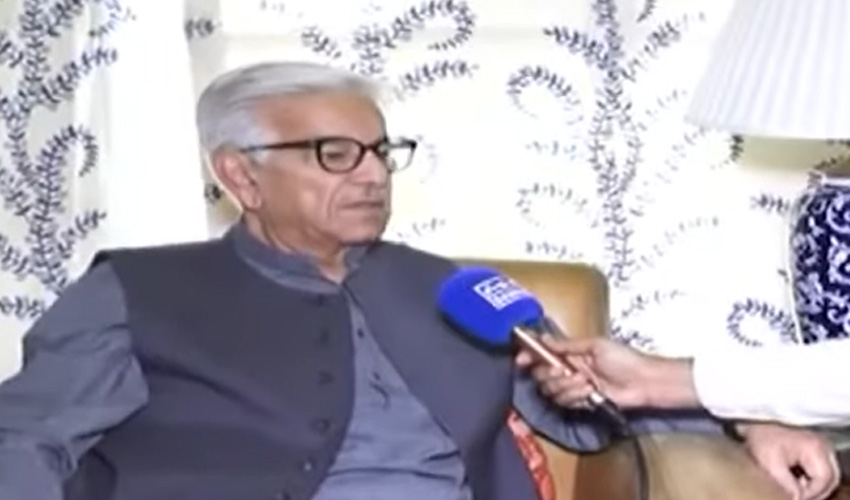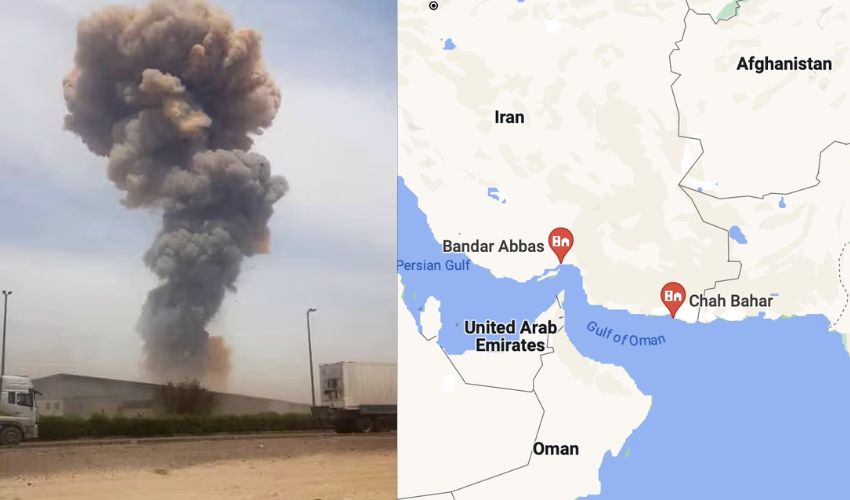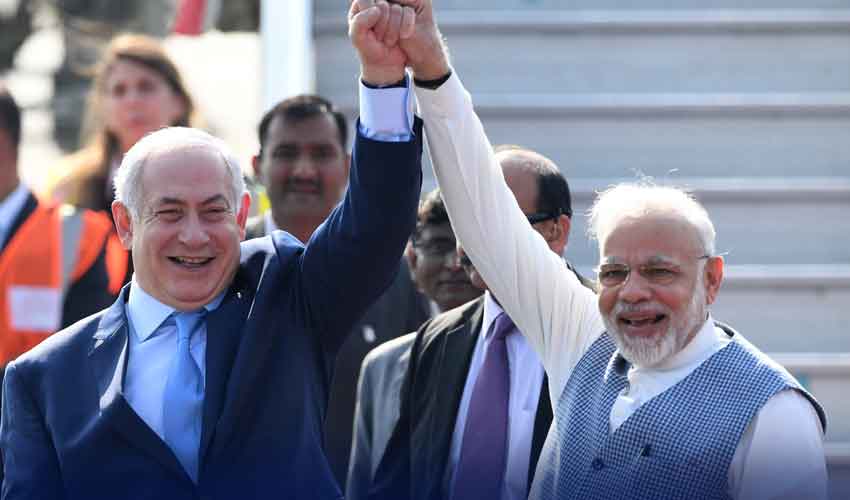In defense of his controversial economic decisions, President Donald Trump repeatedly claimed, “We will never back down. It’s a painful medicine, but a necessary one.” However, on Wednesday morning, he took to social media platform “X” and posted: “BE COOL. Everything is going to work out well.” The world was instantly curious—was this a hint of a change in direction?
Just four hours later, the man who had presented himself as unshakable in every storm, seemed to buckle under pressure. Trump announced a temporary, 90-day suspension of increased tariffs on 75 countries. China, obviously, was not on that list.
When Trump imposed reciprocal tariffs on various nations, it was not just an economic move; it sent a strong message to the world: “We don’t need you—we only care about our own benefit.” This attitude clashed with the core principles of economic diplomacy, which is built on mutual trust, respect, and shared interests.
Without any meaningful diplomatic consultation—neither with the G7, nor the WTO, nor with NATO or European allies—the US acted unilaterally. As a result, global trust in American leadership took a hit. Even traditional allies like France, Germany, Japan, and Canada were not spared from the tariffs. To many, it seemed like the US had abandoned the rules of the global trading system and embraced a “trade-as-war” policy. This makes one wonder whether the US is still a leader among allies, or has it become a lone dealer.
Currency stability is a cornerstone of economic diplomacy, yet America’s actions have intensified global discussions—especially in China, Russia, and the Gulf states—about reducing reliance on the US dollar. These countries were already the key players moving toward de-dollarization, and now Trump’s aggressive stance may have accelerated that trend, effectively weakening America’s own financial influence.
While Trump did not exclude China from tariffs, he did create an unstable bloc by targeting other nations. China took advantage of this by positioning itself as a beacon of stability. Countries in Europe, Latin America, and Africa began to explore ways to reduce their dependence on the US market.
Trump’s philosophy appeared to be “America first, the rest of the world later,” but the real tenets of economic diplomacy emphasize shared interests, mutual respect, and long-term influence. The new US policies may deliver short-term gains, but diplomacy is a long game based on trust—something China is quietly mastering. On the other hand, the US continues to lose ground and credibility, even among its closest allies.
Trump’s actions seem to have taken the global economy hostage. In response, China imposed counter-tariffs, causing turmoil in international markets and sparking investor anxiety. Many economic experts now view this as a declaration of war against globalization. But the real question is: has Trump already lost this war?
His recent actions have cast serious doubts not only on his policies but also on global perception of American leadership. The man who branded himself as a “master negotiator” and a strategic chess player is now being covered by the White House as if his retreat were part of a broader plan. It actually was a major economic and political setback, turning the US into an unpredictable and unreliable trade partner. The dollar, global financial markets, and America’s economic reputation have all taken a hit.
Trump dreams of a return to the America of the 1950s and '60s—a post-war economic giant. However, the reality is far different. US manufacturing jobs have shrunk to just 8%, down from over 30% in the 1970s. A return to that golden era is, at best, a fantasy.
It is still too early to declare Trump’s presidency a failure. However, his extreme measures and the growing backlash suggest that his leadership is in danger. His presidency has entered a critical testing phase. Now, the world is watching to see whether Trump will backtrack once again, as he has done in the past, or if he is gearing up for a new economic battle.





